EDU525 │ Elective Subject │ 10 credit points
Overview
This subject provides opportunities for practicing teachers to critically examine classic and contemporary learning theories’ and their contribution to educational decision-making and practice. Students will develop a biblically-informed framework through which to critically analyse the underlying worldviews of learning theories. In particular, the biblical view of the learner and their formation, the concept of knowledge, and the role of liturgies in learning will be explored. Furthermore, the student will critically reflect on the influence of a teacher’s own beliefs and preferences for learning theories on their practice.
Prerequisites
EDU400/400a Biblical Foundations of Education and EDU501/501a Worldviews and Educational Practice
Teaching methods
| TYPE | HOURS PER WEEK | NUMBER OF WEEKS | TOTAL (NUMBER OF HOURS) |
| Online Semester Directed online learning and independent learning | 10 | 13 | 130 |
| Total | 130 |
Learning outcomes
Student who successfully complete this subject will be able to:
- Identify and compare the main features of a range of significant learning theories, including theories of learner diversity.
- Integrate insights from a range of learning theories in a coherent view of learning that aligns with the school’s vision and priorities, and the student’s own articulated beliefs and values.
- Critically evaluate learning theories for their consistency with a biblical worldview.
- Apply and evaluate concepts from theory through classroom based action research as a way of developing practical strategies for more effective teaching and learning.
Assessment
| TYPE | WEIGHTING |
| Ethnographic Interview Report | 25% |
| Classroom Action Research Report | 50% |
| Comparative Narrative | 25% |
Subject content
- Basic action research for practicing teachers.
- An overview of learning theories.
- Views of learning from the works of Christian authors
- Behaviourist learning theories.
- Theories of meaning and experience in learning.
- Theories from Neuroscience.
- Multiple Intelligences.
- Learning styles.
- Developing an integral approach.
Prescribed text and reading materials
Frontier, T. (2021). Teaching with clarity: How to prioritise and do less so students understand more. ASCD.
A list of reading materials will be available in the Subject Outline on eLearning Portal.
